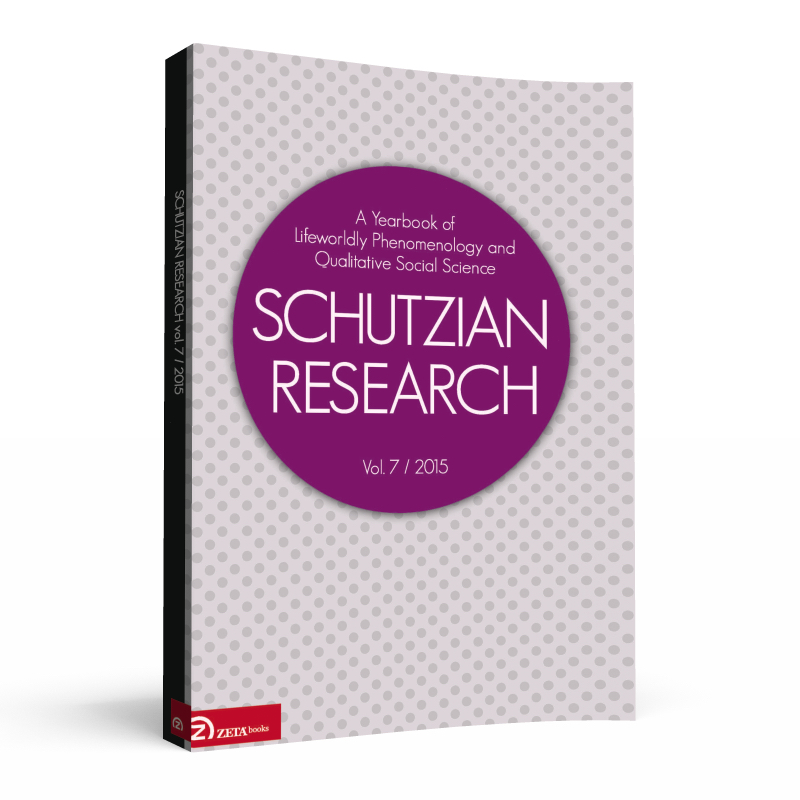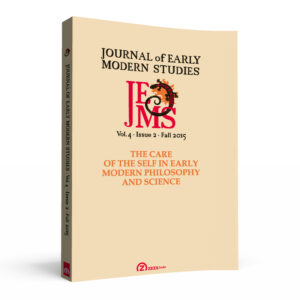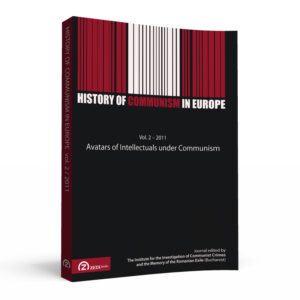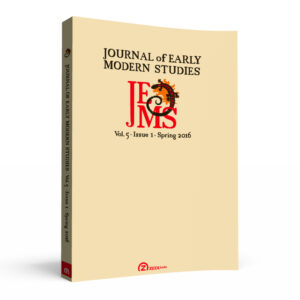CLICK HERE FOR OTHER ISSUES OF THIS JOURNAL
Table of Contents
Michael D. Barber, Introduction
Fred Kersten, “Idealism” and the Idea of Phenomenology
Abstract: There is a paradox in Husserl’s writing in that he strives for insight into conscious experience and that he seems to a require a methodical approach, which might seem to have been imported from without, namely the phenomenological reduction. As Husserl notes in a passage cited from Ideas, fi rst book, the precondition for the adequate (or evident) insight into what is refl ectively seized upon and the method, the epoche and reduction, the refraining from altering in any way what is given to reflection, are reached at the same time. Thereby the paradox is resolved. This analysis helps resolve the paradox of idealism, namely that phenomenology creates an idealistic realm detached from the objective world, since the method of reduction converges with the self-refl ection emerging within the pre-phenomenological world that is never “left behind” but that is now seen as included within the reflective-phenomenological context, as can be shown with regard to the ontology of the world and our epistemological grasp of it.
Roberto Walton, Historicity in Edmund Husserl and Alfred Schutz: Development of Meaning and Modes of Relevance
Abstract: This paper attempts to examine history in the framework of Edmund Husserl’s transcendental phenomenology and Alfred Schutz’s constitutive phenomenology of the natural attitude. Significant similarities regarding the analysis of the lifeworld, its historical character, and the levels of this development will be shown in order to highlight the importance of the complementation that can be found in Schutz’s descriptions. Whereas Husserl’s furnishes signifi cant ideas dealing with, so to speak, a longitudinal or horizontal plane of history that involves the successive moments of establishment, sedimentation, and teleological reestablishment of meaning, Schutz’s main contributions concern themselves with, as it were, a transversal or vertical plane that entails the simultaneous systems of thematic, interpretative, and motivational relevance. The intersection of both structures leads to an enrichment of the analysis of history insofar as the types of relevance help to clarify and develop further the moments described by Husserl. Examples taken from the history of philosophy will off er an illustration. Finally, reference is made to the interdependence of moments and relevances in view of the problem of the continuity of history.
Andreas Göttlich, To Wait and Let Wait: Reflections on the Social Imposition of Time
Abstract: This paper presents an attempt to conceptualize in a phenomenological way a specifi c form of social interaction which is familiar to us all from everyday life: the interaction in which one person lets another person wait. Special emphasis is hereby laid on the aspect of power. To keep somebody waiting means to impose one’s time on him/her, and so the study of the waiting-interaction promises some insight into the basic mechanisms of social imposition and thus of exercising power. The concepts used for this analysis are primarily adopted from Alfred Schutz’s classic opus The Phenomenology of the Social World.
Dániel Havrancsik, Methodological Individualism: The Merits of a Schutzian Perspective
Abstract: The purpose of this paper is to show that the work of Alfred Schutz, mostly neglected by the current representatives of the social scientifi c movement of methodological individualism, can provide a foundation for an alternative methodological individualist programme, which instead of building on the presumed rationality of action, starts from the subjective consciousness of the actor, thus can overcome the objectivist bias characterizing most other variants. Following the Schutzian guidelines, this individualist approach can avoid the error of introducing elements incompatible with the individual level of explanation, and also can avoid the confl ict between the principle of the freedom of choice, assumed by the action theoretical point of departure, and the implicit determinism of the theories grounded on the idea of rational action. Adopting the results on the fi elds of the definition of the situation and intersubjective understanding, provided by the phenomenologically grounded interpretive theory of Schutz, methodological individualist theory can also overcome some of its serious defi ciencies.
Neal De Roo, Facticity and Transcendence across the Disciplines: Phenomenology and the Promise
Abstract: This paper begins from one of the most commonly found questions in phenomenology, “What is Phenomenlogy?”, to argue that phenomenology is a trans-disciplinary approach to engaging with the products of human culture. This approach is characterized by paying particular attention to the distinction between facticity and transcendence within “lived experience” so as to help us better articulate and evaluate the promises that animate every human institution. Such a task necessarily requires inter-disciplinary input and helps us engage in our lives—in our shared cultural life—differently.
Jonathan Tuckett, Levels of Intersubjectivity: Scheler’s “Idea of Man” and Schutz’s Human Prejudice
Abstract: One of the key insights of Scheler’s approach to the topic intersubjectivity is to recognise that the problem of intersubjectivity is in fact several problems. In Th e Nature of Sympathy, Scheler lays out an order of precedence in which these problems need to be addressed. One of his major criticisms against analogical arguments and theories of empathy is that they violate this order. Specifically, they provide accounts of what the Other is thinking (intersubjectivity as achievement), but treat this as a solution to how we recognise the Other as Other (intersubjectivity as possibility). In responding to Scheler, Schutz takes up this order of precedence but then makes the signifi cantly bolder claim that intersubjectivity as possibility is not problematic and does not require a solution. The purpose of this paper is to show that Schutz’s argument relies on a Husserlian reading of Scheler’s use of “transcendental psychology” and that rather than sidestepping the problem Schutz in fact tacitly presupposes a solution in the form of the human prejudice. Significantly, this solution radically overturns the aims of Scheler’s phenomenology and even that of the broader Phenomenological Movement.
ISSN: 2067-0621 (paperback)
ISSN: 2248-1907 (electronic)
ISBN: 978-606-697-014-3 (paperback)
ISBN: 978-606-697-015-0 (electronic)






